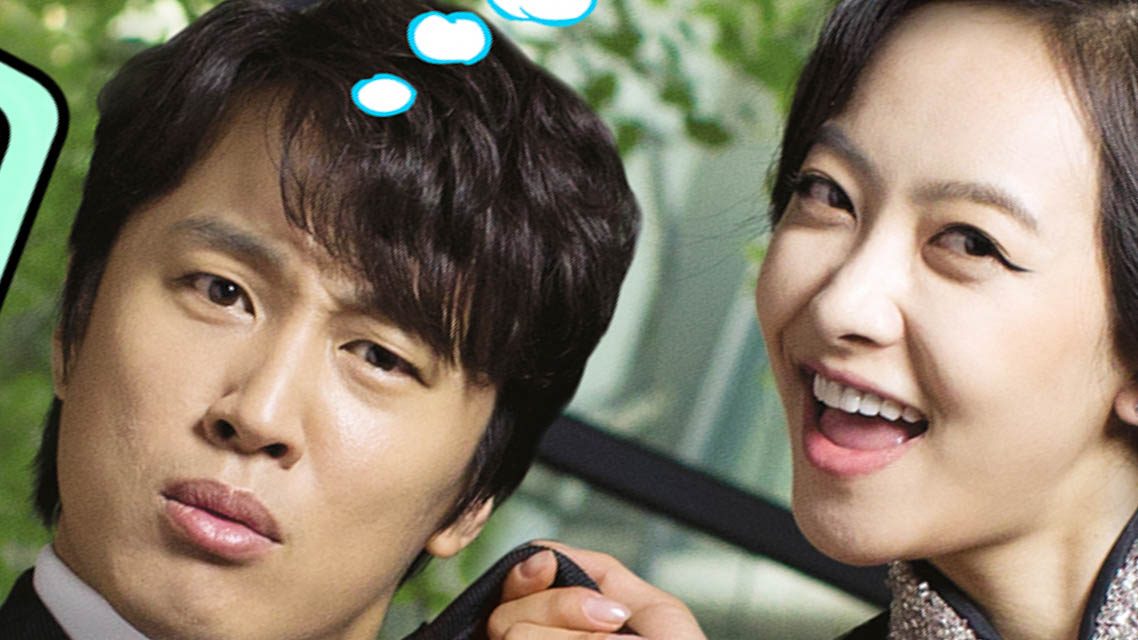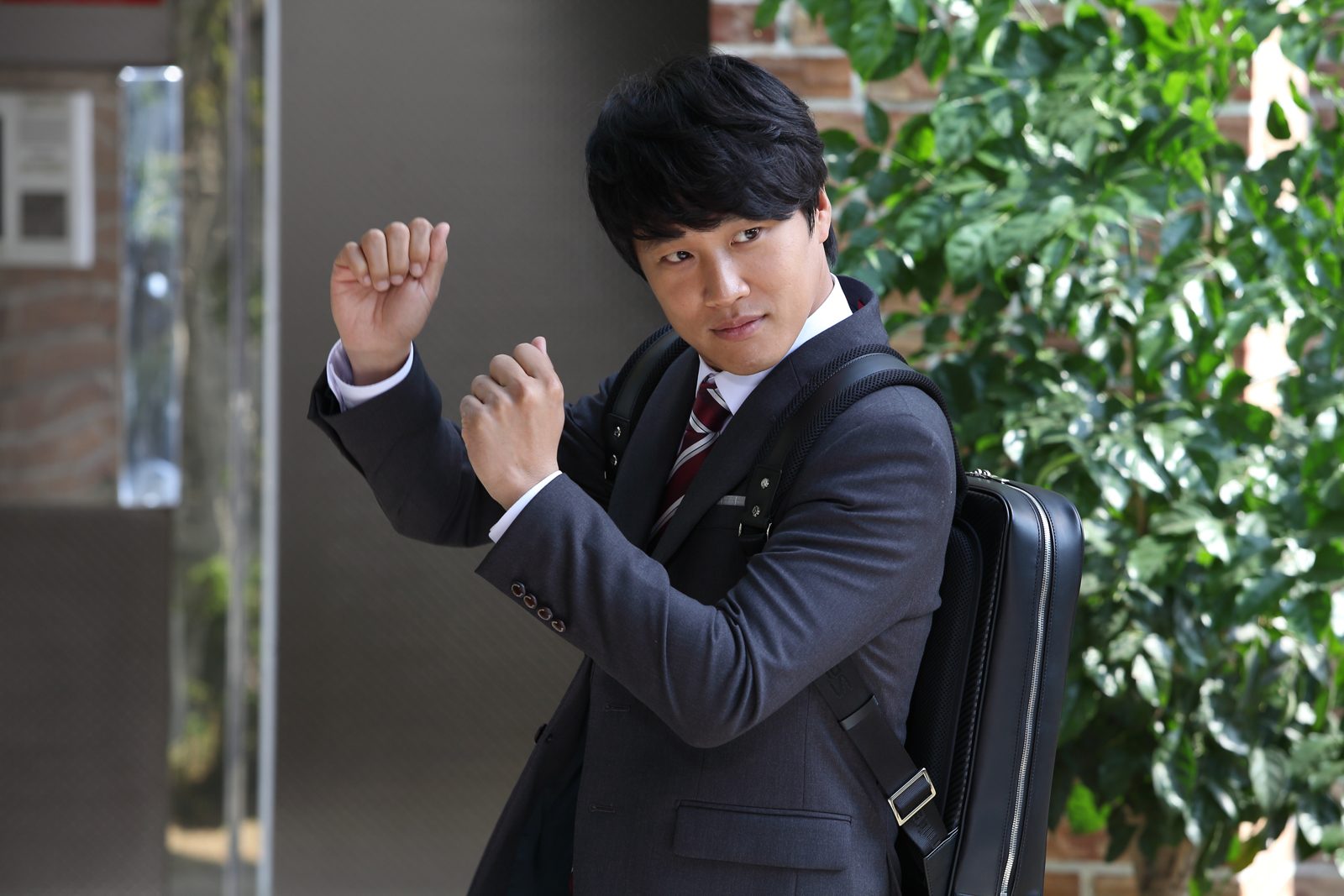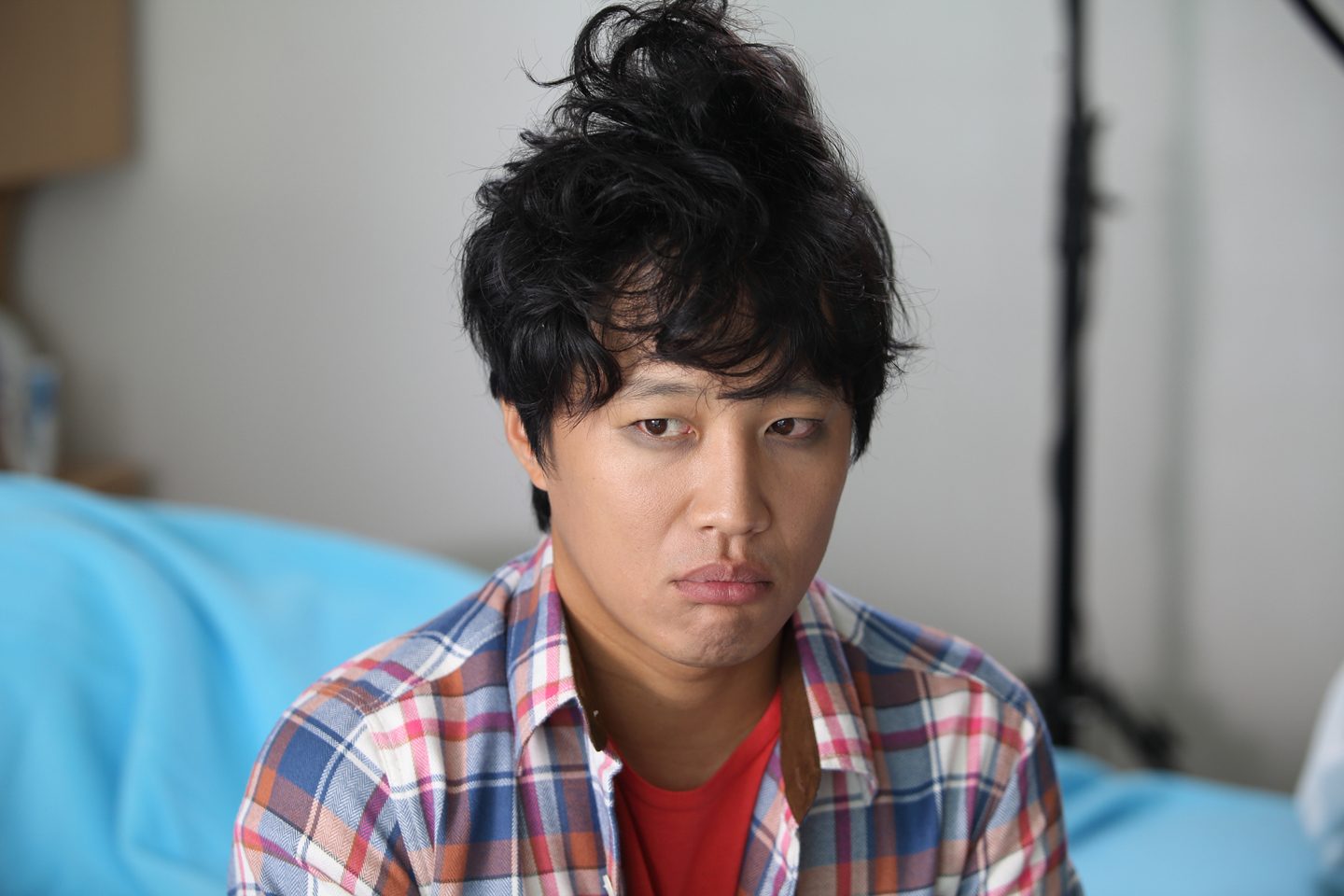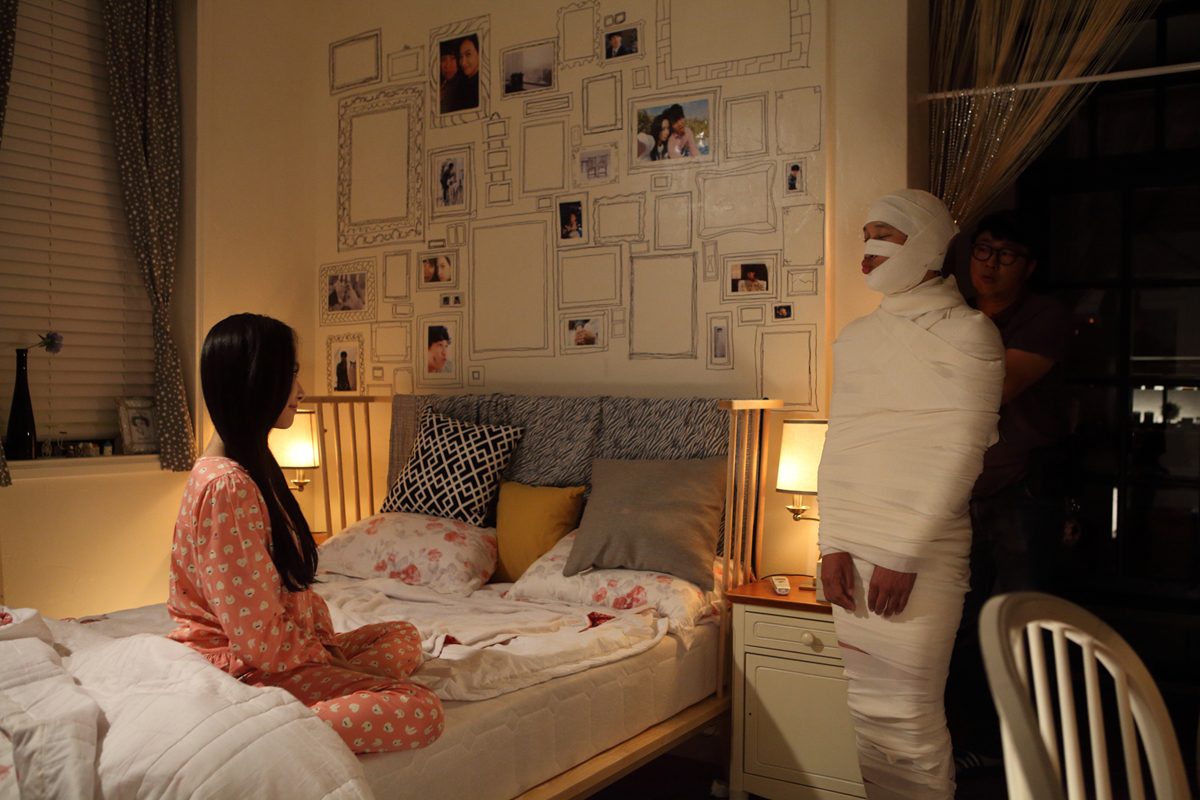SUMMARY
This is AI generated summarization, which may have errors. For context, always refer to the full article.

Jo Geun-shik’s My New Sassy Girl starts off where Kwak Jae-young’s My Sassy Girl ends, but only with the character of Gyun-woo (Cha Tae-hyun) returning.
Jun Ji-hyun, whose indelible turn as the first film’s (2001) frequently drunk, occasionally violent but always charming titular sassy girl, is gone. Her character has broken up with Gyun-woo because she wants to become a nun.
This leaves Jo with no option but to recruit a new character from Gyun-woo’s mostly unexplored childhood to serve as replacement.
It’s all good, except that a lot was invested in romance between Gyun-woo and his initial sassy girl, given that the first film has inspired a lot of fanfare because of its earnest depiction of a lopsided love affair.
It worked because of the efforts of both lovers and the inevitability of fate. That the sequel chose to throw all that behind via a whimsical punchline feels like a punch in the gut for a lot of the original film’s devotees.
It would take a lot for the replacement to get past the convenient shattering of that romantic promise.
Bad news and good news

The bad news here is that Victoria Song, who plays Gyun-woo’s childhood sweetheart and eventual love-of-his-life, does not have the same charisma as Jun.
The good news, however, is that My New Sassy Girl, despite not having the same seamless romantic groove as its predecessor, is entertaining enough – with wiggle room for more mature introspection.
Gyun-woo and his new girl first met as kids. The new girl is a transferee from China who gets picked on by her classmates. At one point, Gyun-woo rescues her from her tormentors, leading to a childhood romance that is prematurely terminated when the girl has to return to China.

The two soon-to-be lovers meet again and get hitched after a very quick romance, which plays out like a haphazardly paced version of the original film.
My New Sassy Girl distinguishes itself from its predecessor in depicting the hardships of the early stages of marriage.
Gyun-woo tries his best to be the good husband that his wife expects him to be by taking a job at a telecommunications company. However, his promising job turns out to be a fluke, forcing him to live a double life of being a successful provider at home but a corporate slave at work.
Not as delightful

Surely, My New Sassy Girl is not as delightful as the first film. This one attempts to retain the frenetic and often ludicrous energy that enveloped My Sassy Girl, but mostly fumbles.
A lot of the scenes that are supposedly hilarious fall flat, with Jo relying on glossy visual effects or derivative gimmicks to maintain the cuteness and the flavor. They just aren’t as spontaneous as they were before.
The scenes feel contrived, which betrays the entire unpredictability that is being sold as part of the romance’s initial charms.
Stable footing
It is only when the film shifts towards drama that it finds a more stable footing.
The draw of My Sassy Girl was not just because it was confident of its anticlimax without worry of being too syrupy or awkward. It was also a rare romantic comedy that had the leading man’s emasculation as its primary source of entertainment.
Throughout the film, the audience is treated to stunts where Gyun-woo is physically maltreated or humiliated but still ends up falling for the girl who abused him. The hidden spectacle of My Sassy Girl is the lengths a man would go to abandon his dignity in an earnest effort to prove his love to a girl.

My New Sassy Girl continues with the tradition, but expands the scope of emasculation not only within the borders of a romance but as a given in a society of patriarchies.
The only requirement of Song’s sassy girl for Gyun-woo is to be a good husband, and Gyun-woo – being the stunted man-child that he has always been – obeys it whole-heartedly to the point of allowing himself to be humiliated in a grander and more poignant scope.
In a way, the film has matured like its imperfect hero, touching on societal expectations on men within the limits of a genre that is all about the escapist invention called love.
 Francis Joseph Cruz litigates for a living and writes about cinema for fun. The first Filipino movie he saw in the theaters was Carlo J. Caparas’ ‘Tirad Pass.’ Since then, he’s been on a mission to find better memories with Philippine cinema. Profile photo by Fatcat Studios
Francis Joseph Cruz litigates for a living and writes about cinema for fun. The first Filipino movie he saw in the theaters was Carlo J. Caparas’ ‘Tirad Pass.’ Since then, he’s been on a mission to find better memories with Philippine cinema. Profile photo by Fatcat Studios
Add a comment
How does this make you feel?
There are no comments yet. Add your comment to start the conversation.